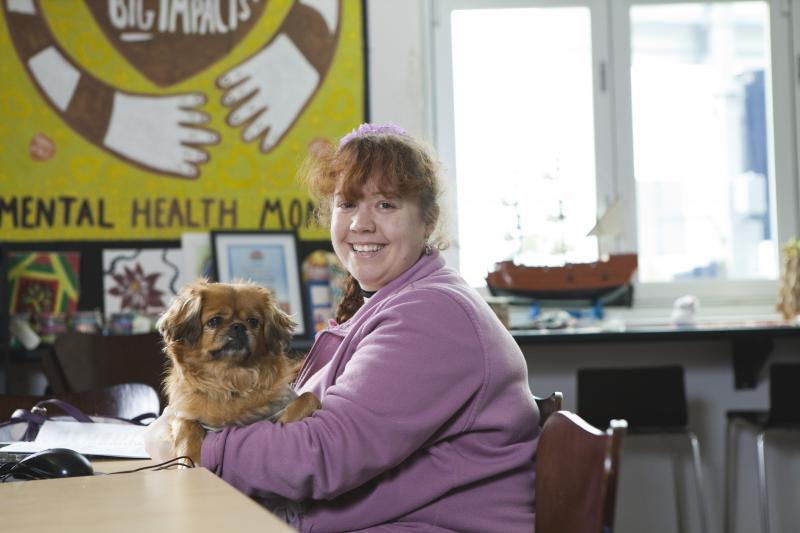
Researchers have specifically looked into the question of the role that pets or animals might be able to play in our recovery from mental health issues. Deborah Wells says with typical scientific caution: "Whereas the evidence for a direct causal association between human well‐being and companion animals is not conclusive, the literature reviewed is largely supportive of the widely held, and long‐standing, belief that “pets are good for us.”
Pets provide more benefits than merely companionship. According to a paper by Wisdom and colleagues, the ways in which pets are able to help us include
- Providing empathy
- Providing connections that can assist in redeveloping social avenues (eg. Talking about your dog, meeting other people who have cats etc.)
- Being ‘family’ or an extension of our family. This is especially important for the many people with serious mental health issues who have become alienated from their human family.
- Supporting our own sense of ‘self efficacy’ or sense that we are capable and needed.
The outcomes of chronic physical illnesses are often not as good for people with serious mental health issues as for other people. Maybe fido and rover can change that.
The health benefits of our pets are not limited to our social and psychological health, but also to our physical health, an important point when you remember that people with serious mental health issues often also have poor physical health. Wells cites evidence that dogs can play a positive role in ‘the diagnosis and treatment of chronic diseases like "cancer, epilepsy and diabetes."
It is not just pets that have benefits but farm animals. Research from the Netherlands by Iancu and others has compared the recovery journeys of people placed on "care farms" with the journeys of people placed in day centres.
Care farming is the therapeutic use of farming practice. It is popular in the Netherlands and Scandinavia and people are working to get it off the ground here in Australia. Overall, people on care farms seemed to do a bit better. People, said Iancu,"experienced care farms as open, real-life work settings where they could exercise responsibility and connect with people."
By Warren Heggarty from Panorama
Talk to us today
For more information, contact us on 1300 779 270 or make an enquiry now.


